
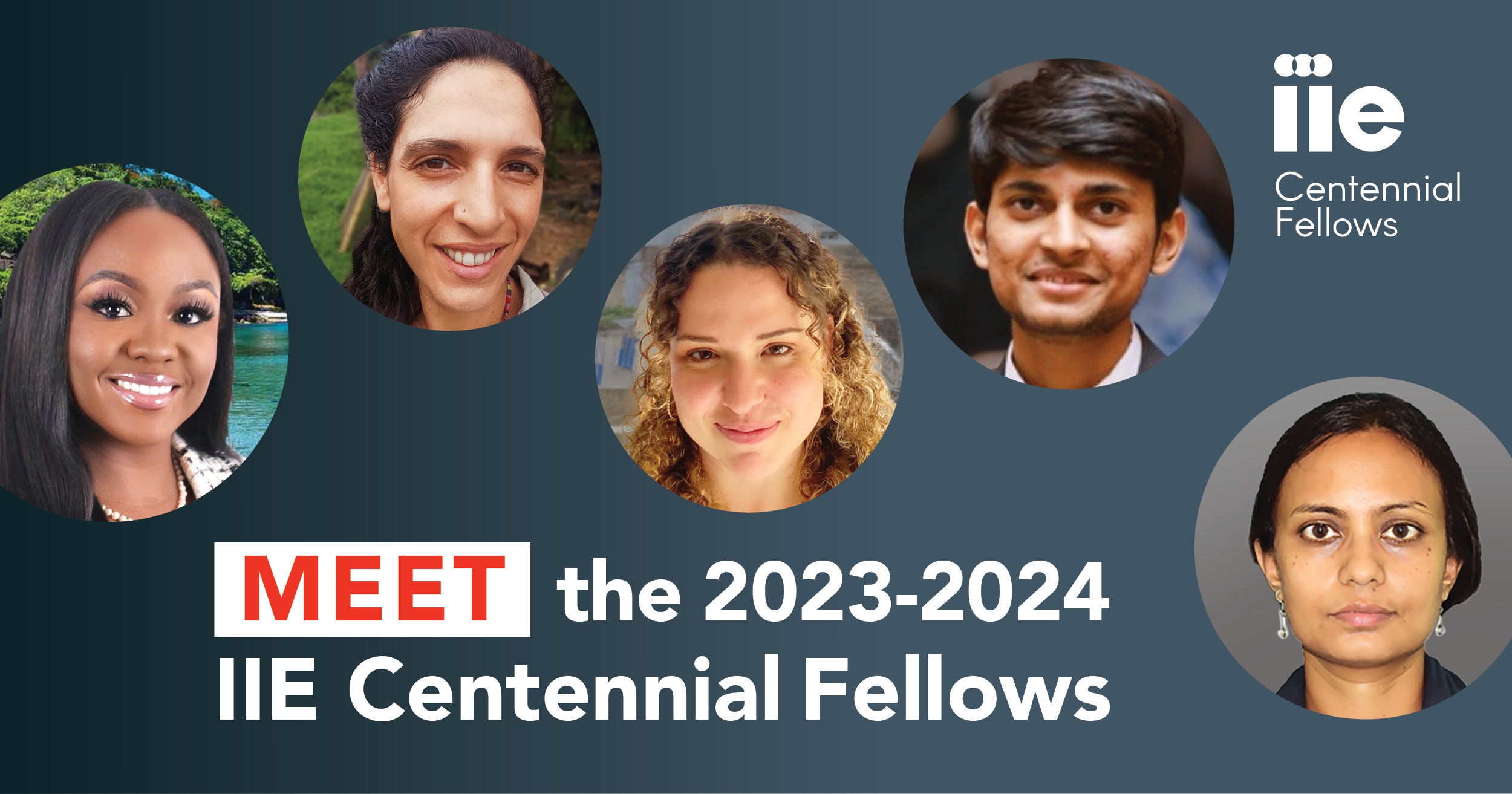
Current Fellows
2023 – 2024 IIE Centennial Fellows
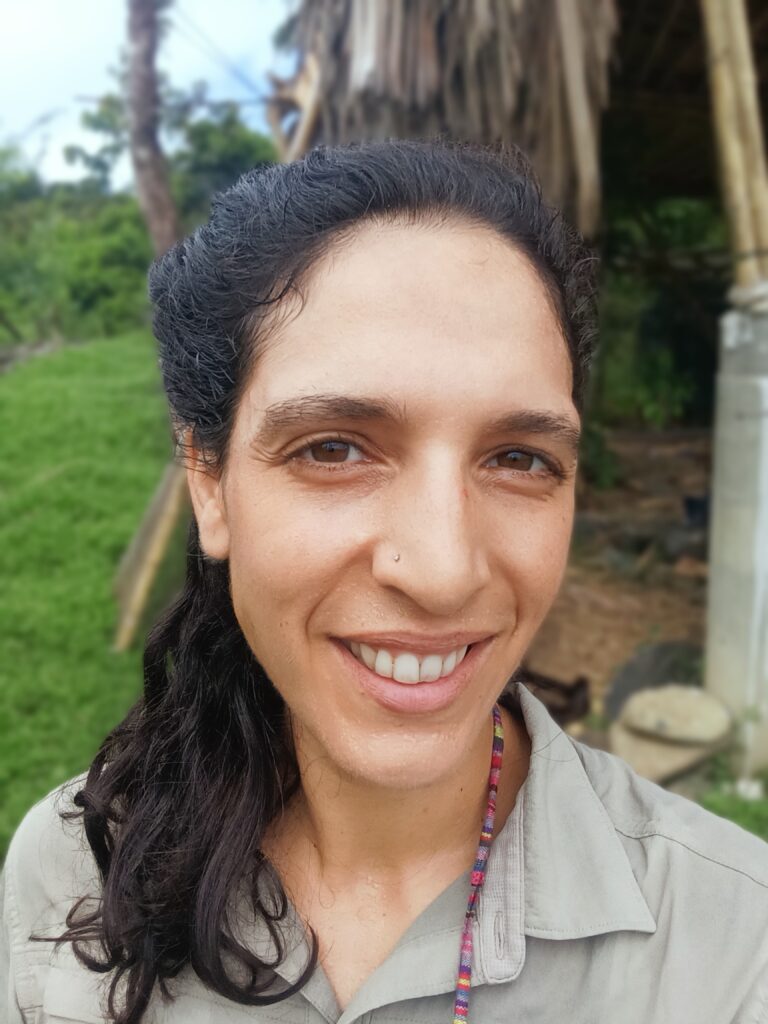
Jessica Ausinheiler
IIE Rodman C. Rockefeller Centennial Fellow
Innovation in Smallholder Payment for Conservation Services
Fulbright Scholar to Panama, 2020-2021
I organize, write, and act to build a future in which all living beings can thrive. My work since my 2020 Fulbright (on governance and conservation in East Panama’s Upper Mamoní River Valley) has focused on place-based conservation in the country. Specifically, I authored a book “Historias del Mamoni” (publication forthcoming) recounting the oral and natural history of the territory; I co-founded a community-based conservation organization AMIGOS DEL BOSQUE OBC that operates here; and I am collaborating with the Panamanian environmental organization Fundación Almanaque Azul on national and regional projects that bolster community-based conservation efforts nationwide. Prior to that, I was a strategy consultant with Monitor Institute by Deloitte, where I worked with leaders of private U.S.-based foundations and social enterprises to improve their operations, to develop community-informed strategies, and to collaborate more effectively. I obtained an MPA from the Harvard Kennedy School and a BA from Princeton University, where I started my career learning from community organizers in the Occupied West Bank.
The project seeks to incentivize smallholders to regrow rainforest in critical areas of the biological corridor in Panama by paying them for “conservation services” (e.g., carbon storage / sequestration and biodiversity), at a time when Panama is designing its carbon market.
The objectives of the project are twofold:
- Design a system for funding smallholders’ conservation services that has the buy-in of key stakeholders.
- Detail an implementation plan.
The project involves the design of a system for incenting and enabling smallholders to regrow tropical rainforest in East Panama, which is one of the most biodiverse places in the world. My project actively works to address Climate Change at the global, regional, and local level by supporting Social Development Goals (SDGs) and 13 “Climate Action” and 15 “Life on Earth.” SDG 13 urges stakeholders to take urgent action to combat climate change and its impact; this project does just that by designing a system that incentivizes smallholders in Panama–who are typically priced-out of conventional conservation services payment platforms such as carbon markets, due to the high cost of accreditation, monitoring, and reporting–to (re)grow rainforest and offer other conservation services. SDG 15 focuses on protecting, restoring, and promoting sustainable use of terrestrial ecosystems, sustainably managing forests, combat desertification, and halt and reverse land degradation as well as biodiversity loss. Success in this project would inform and could inspire similar communities to take urgent climate action at the national and global levels, opening the door for more place-based climate change initiatives to connect to global markets for conservation service payments.
I am most looking forward to immersing myself in the current conservation payment and carbon credit space and connecting with experts nationally, regionally, and on the ground—including, of course, those who own or work the land and are experts in the supply-side of things, and other activists. I am also excited about making the conservation payment space more accessible and equitable.
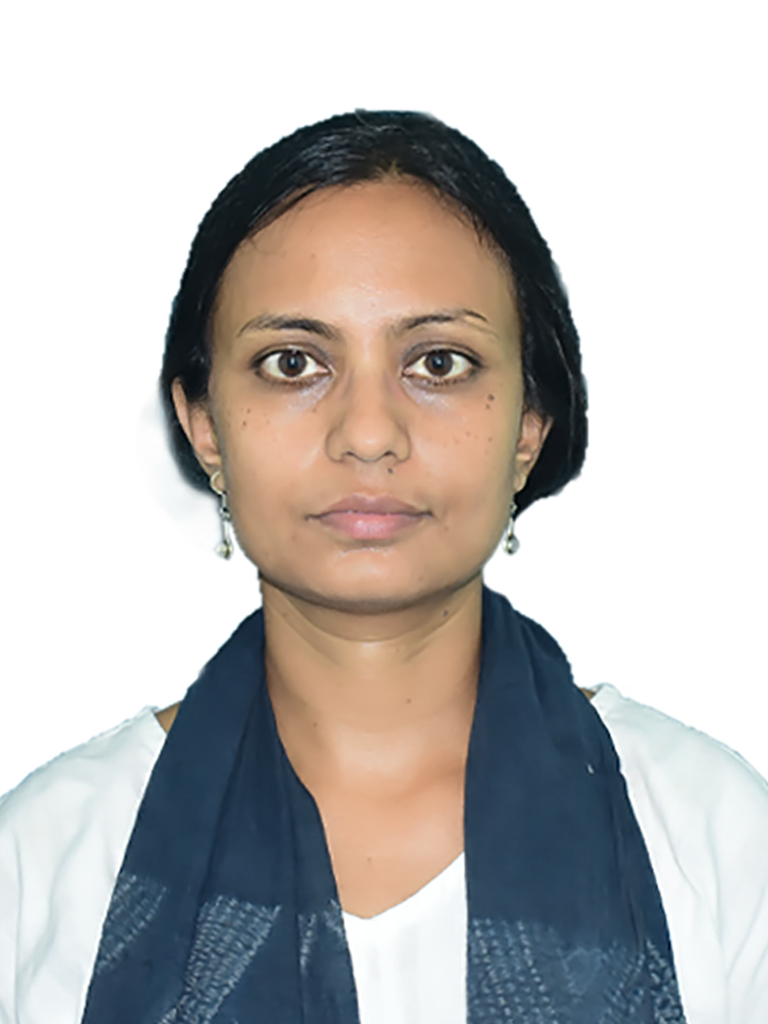
Dr. Aparajita Sengupta
IIE Rodman C. Rockefeller Centennial Fellow
Growing with Women: Creating a Climate-Resilient Organic Growers’ Collective in Ruppur, West Bengal
Fulbright Visiting Scholar, 2021-2022
Dr. Aparajita Sengupta is a full-time sustainable farmer, farmers’ trainer, and certified permaculture designer and consultant based in a village in Birbhum, West Bengal. She has a PhD in English literature from the University of Kentucky and began her career teaching college, but soon transitioned to a sustainability entrepreneur, setting up Kolkata’s first Community Supported Agriculture farm, playing a leading role in establishing markets for sustainable farmers, and co-founding Smell of the Earth Natural Farm. As a Fulbright-Nehru fellow in 2021-2022, Dr. Sengupta researched women farmers’ roles in sustainable food systems. She is currently working on a writing project on women farmers in India and the United States and plans to turn it into a book that takes a critical look, through interviews and analyses of sustainable agricultural models, at the reasons which lead women to take the leap from theory to practice in sustainable farming. She is a recipient of the Fulbright Alumni Award 2023 and has initiated a project in her village training women to set up small organic vegetable farming and animal husbandry units.
My project is titled ‘Growing with Women: Creating a Climate-Resilient Organic Growers’ Collective in Ruppur, West Bengal.’ This project proposes to create an organic farming, food processing and marketing collective with 15-30 women in Ruppur, West Bengal, with the wider vision of providing diverse, climate-resilient agrarian and economic models in rural India. Having met and interviewed many women farmers in the United States and India for my Fulbright project and coupling that research with my own experience of running a self-sufficient, self-sustained ecological farm for the last 9 years, I have come to believe that small, climate-resilient agrarian systems and businesses run by women can help to substantially improve women and children’s lives in India. The IIE Centennial Award program dovetails exactly with our progression so far and could help the women increase the amount of excess they generate, manage and market those excesses, and bring about generational change in women’s lives in my village.
I am looking forward most to bring about a change in the set routines and practices in women’s roles in my village, to give them a break from the cycles of early marriage and childbirth, to expose them to their own potentials in utilizing resources available to them and help them find small incomes from those resources. I am also looking forward to conversations, learning various hands-on skills from the women themselves, and the utilization of indigenous knowledge in order to generate respectable incomes for rural women.
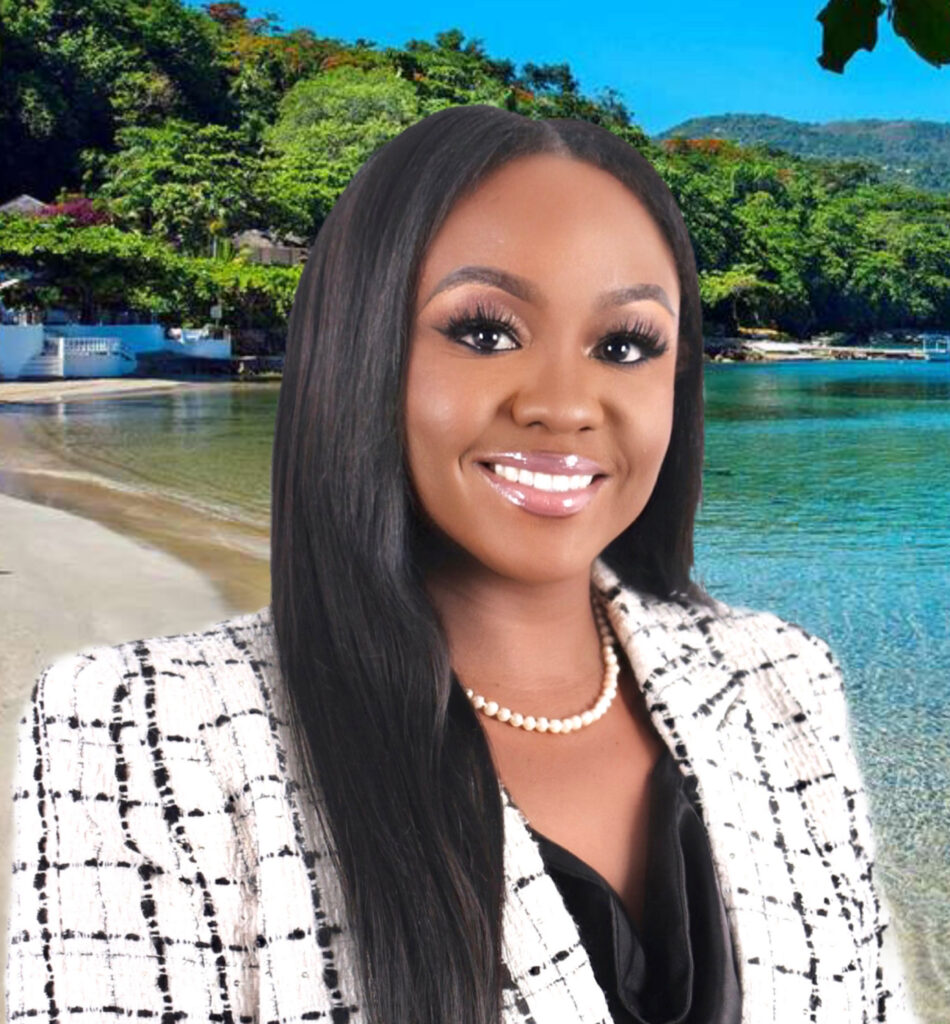
Dr. Ren-Neasha Blake Gilmore
IIE Centennial Fellow
Cultivating an ICT-Driven Coastal Resilience and Adaptation Framework in Jamaican Communities: Action, Collaboration, Solutions
Fulbright Foreign Student, 2019-2020
Dr. Ren-Neasha R. Blake hails from the rural community of Islington in St. Mary, Jamaica. She is a published author, educator, and lead data manager/scientist at the Citizen Security Secretariat, Ministry of National Security, Jamaica. She is a Fulbright alumnus who recently completed her doctoral program in public administration and policy at Old Dominion University. Her dissertation research explored the intersection of information and communications technology (ICT) and Jamaica’s coastal resilience planning framework. Dr. Blake is the Founder and CEO of the Jamaica-based A1 Research Consultancy Agency (ARCA), a business specializing in academic, development, and public policy research. She was recognized for her scholastic achievements and research contributions, receiving the Prime Minister’s National Youth Award for Excellence in 2020.
This project leaves the pages of my dissertation and trod into the coastal communities in Middlesex County Jamaica, where I will perform the first community-centered strategy-building modeling of the RAFT in Virginia.
The goals of this project are to:
- Educate and sensitize approximately 150 Jamaican citizens to ICT-driven solutions for climate adaptation and resilience.
- Collaborate with the key parties to form a strong alliance to continue this work.
- To implement evidence-based strategies that will help citizens adapt to climate change threats through digital tools.
My purpose for this project is to develop an ICT-driven coastal resilience and adaptation framework in Jamaican communities through action, collaboration, and solutions. This data-driven, action-oriented project aligns with national and international climate action goals: those of the United Nations, the Government of Jamaica, and key local stakeholders. I explore expert opinion, literature, and statistics to inform e-resilience strategies in Jamaica. My focus is on rural communities and will include fisherfolks, youths, vendors, farmers, and vulnerable groups. The technological component to be explored in this project is timely based on digital-era governance and exponential technological advancements.
I am most looking forward to:
- The community impact, tangible project outputs, and resilient action plans developed by citizens. The project will be guided by their analyses and tackling problems they have in their respective communities.
- I am excited to lead the education and sensitization phase, highlighting the urgency for climate action and why there has never been better technology and data to help us achieve this goal.
- The evidence, collaboration, consultations, and best practices that will significantly bolster the coastal communities’ resilience narrative and actions. It is an exhilarating feeling just to envision the outcomes.
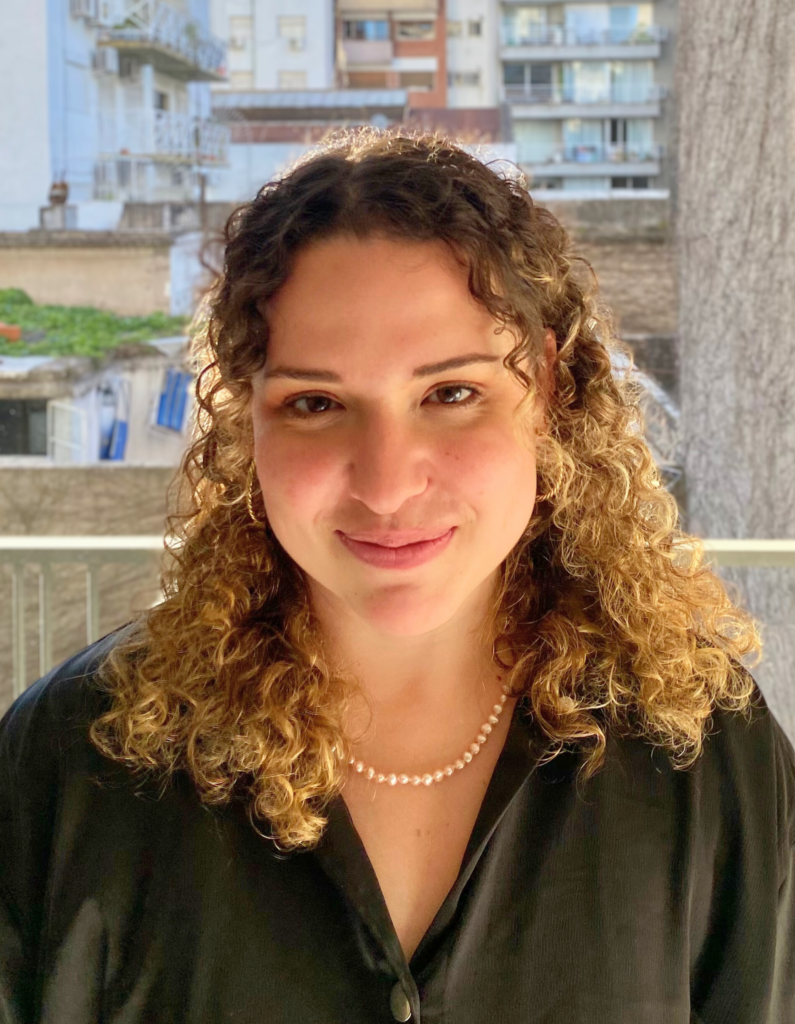
Alyssa Kardos
IIE Centennial Fellow
Re-Made in Cambodia
Fulbright ETA to Cambodia, 2021-2022
I find my creativity at the intersection of global health and arts. Having completed my bachelor’s degree in Global Health at Georgetown University and gained valuable experience at the Laboratory for Global Performance and Politics, I now channel this blend of knowledge and artistic expression to improve the well-being of communities. As a Fulbright Scholar in Phnom Penh, I laid the foundation for ‘ReMade in Cambodia’, a sustainable fashion enterprise that transforms textile waste into wearable products, empowering local designers and raising awareness about the fashion industry’s environmental impact. In my work at ReMade, I combine my passion for supporting underrepresented artists with my commitment to addressing the impact of climate change on communities.
‘ReMade in Cambodia’ takes an active stance against climate change, harnessing a multifaceted, youth-led approach to address pressing environmental issues caused by the textile industry. Locally, we work with local designers to reduce the massive amount of textile waste and associated methane emissions by repurposing post-consumer textiles and organizing events to raise awareness about the environmental consequences of textile waste in waterways. On a regional level, we are creating partnerships and preparing our upcycling model to expand to other countries in Southeast Asia, collectively addressing climate challenges in the clothing-export sector. To address this cross-continental issue, we have begun to use social media campaigns and webinars to connect and engage young Americans and Europeans and young Cambodians exchanging perspectives and reflections from both ends of the supply chain. Our upcycled clothing sales not only support local artisans and waste collectors but also spotlight the environmental impact of fast fashion, encouraging sustainable consumer choices for a climate-resilient future.
I am looking most forward to:
- Creating Cambodia’s pioneering upcycling center, offering valuable employment opportunities for women in the community.
- Engaging the local community and raising awareness about climate change issues, the fashion industry’s environmental impact, and the importance of upcycling and sustainable practices.
- Collaborating with young Khmer designers and traditional weavers to explore a range of techniques and designs to craft distinctive, marketable upcycled products to build Cambodia’s circular fashion economy.
- Eating lots of papaya salad and mango smoothies.
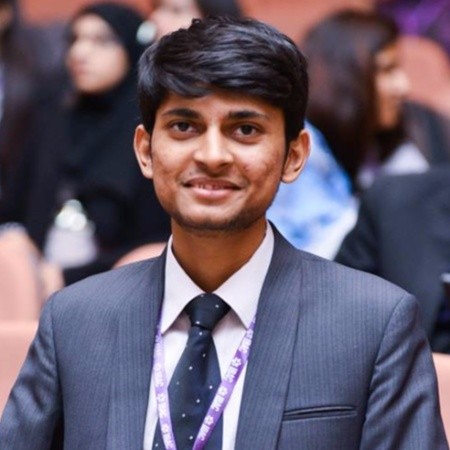
Dr. Muhammad Aatir Khan
IIE New Leader
Raising Climate Change Awareness through Civic Clubs
Fulbright Foreign Student, 2019 – 2020
Muhammad Aatir Khan is currently working as an Assistant Professor in the Social Development and Policy program at Habib University in Karachi, Pakistan. He is an alumnus of the Fulbright Foreign Student Program under which he pursued his PhD in Public Policy from Oregon State University. His primary areas of interest include education, climate change, and urban development.
‘Raising Climate Change Awareness through Civic Clubs‘ aims to raise awareness about climate change through two interventions at the schools: for secondary school students, activity-based storytelling sessions will be conducted; whereas for higher secondary grades civic clubs will be established to provide students with an avenue to take action, including installing vegetable gardens in their schools to involve the local stakeholders and initiate the conversation about these critical topics.
The main goal of the project is to raise awareness about the impact of climate change among the youth, and to inculcate a sense of civic responsibility and provide them with the tools to take whatever action they can take at their individual and community levels. The project uses the public schools to start this conversation so that the community around the school can also be engaged and the students can leverage the schools and the civic clubs as a platform to drive change within their communities. By working with the provincial education department, the project provides a model which can then be replicated across the province, country, or beyond.
I am looking most forward to working directly with the students and engaging with them. As academics, we can often be restricted to professional circles and limit engagement with stakeholders who have the decision-making authority. This project allows me to involve the students and the communities and engage in meaningful work directly at the grassroot level.